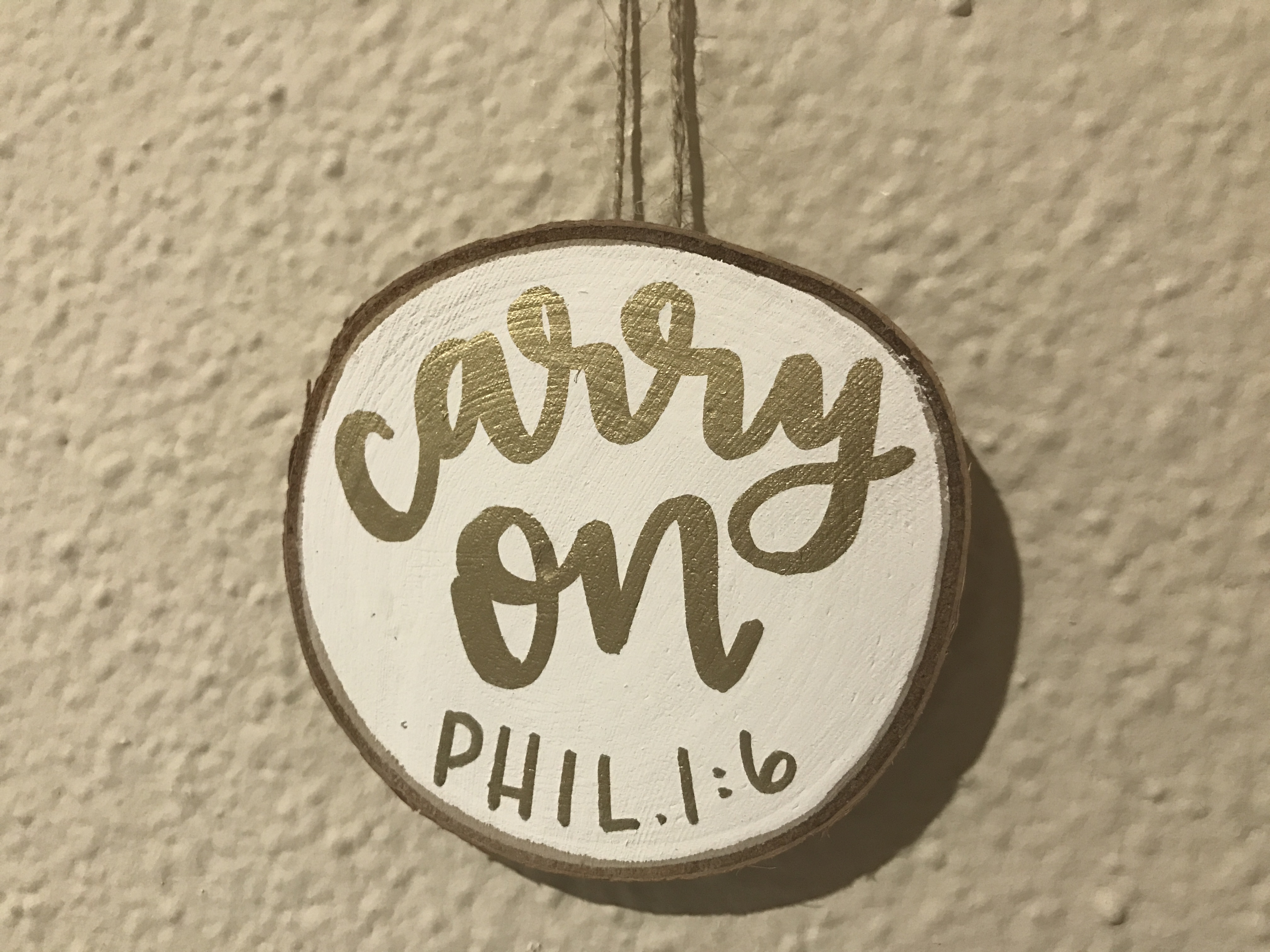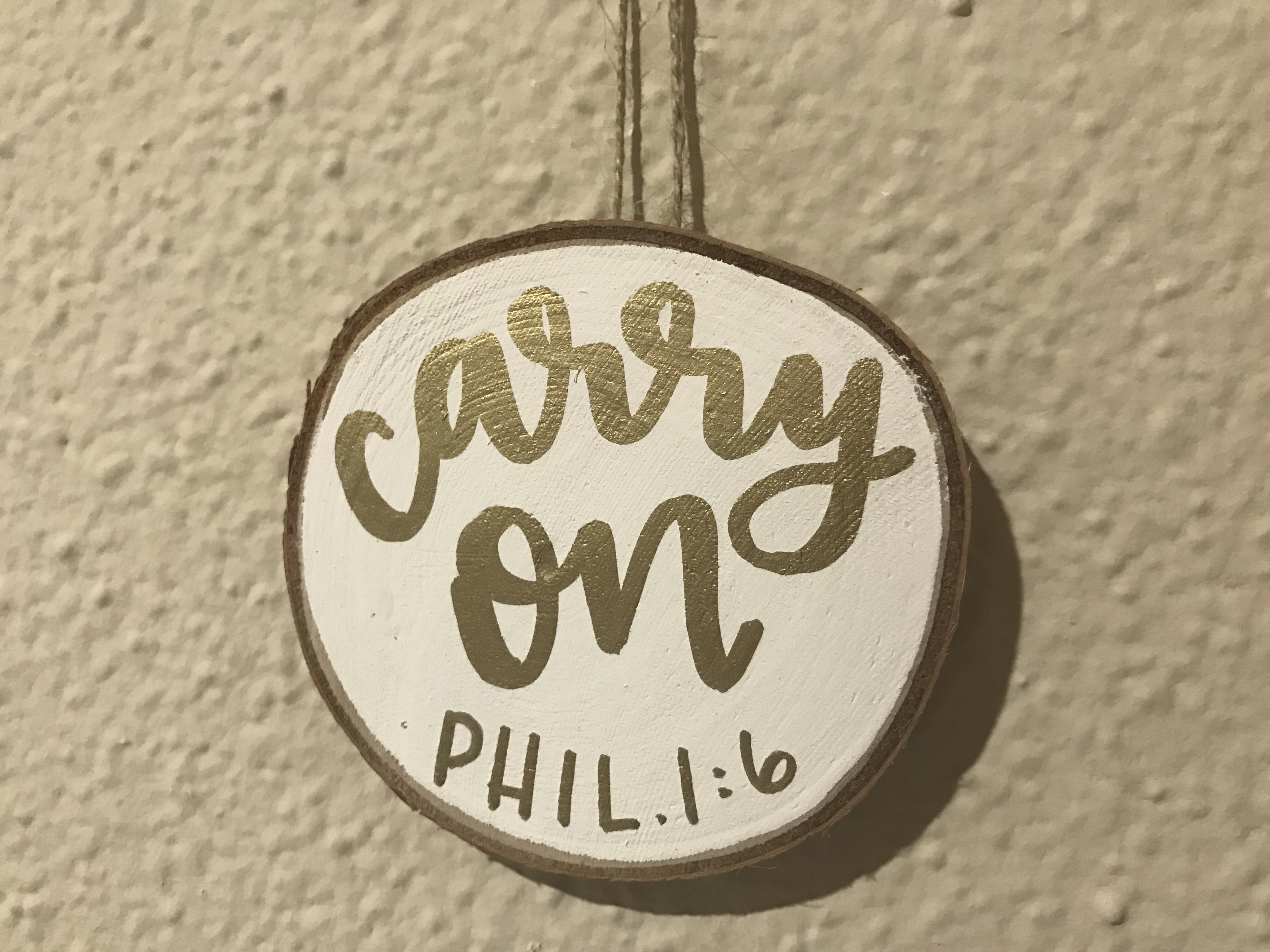There’s that Theodore Roosevelt quote that floats around, especially in that area of the internet specifically created for Christian ladies, that says “Comparison is the thief of joy.” For the most part I go along with it because in reality, it’s really true a lot of the time. We usually use it when we’re talking about how we shouldn’t compare our weaknesses to the strengths of others. The phrase “Stop comparing your behind the scenes to their highlight reel” comes to mind.
And that is very true and something that is buried deep within us that we need to watch out for because it’s rooted in insecurity, not truth.
But there’s another side to that equation, also buried deep within us, rooted in pride. You could call it competition. You could call it vanity. Galatians 5:26 calls it vain glory or conceit. It’s almost like we choose to compare our highlight reel with someone else’s behind the scenes that relationship has given us access to view.
Once, early on in my ministry career, I was in a conversation with a colleague. I had just come out of an odd meeting with a denominational leader and I was looking to debrief. I recounted my meeting to my colleague and told her of how this other leader had told me to pursue a position that I thought was way out of my expertise. I thought the whole thing was ridiculous but wanted to process it with someone who really knew me.
As I told her the story I remember feeling simultaneously flabbergasted and hopeful of some potential in myself that maybe I wasn’t seeing. I paused for her reaction.
“It’s sad to me that it seems like our denomination is skipping over my generation for leadership opportunities. It’s like we’ve been forgotten.”
It’s my earliest memory of professional competitiveness. I was being perceived as a threat, even if the actual comment being made wasn’t necessarily about me at all. The problem is that I internalized it. I believed the lie of scarcity being fed to me in that moment.
I took that lie of scarcity into my future interactions with other women in ministry. I began to feel that competitiveness whenever someone got an opportunity that I wanted, that I thought I deserved, or that lifted them up. I let it grow deep down inside of me until it took over.
I had to take a hard look inward to realize what I was doing and how it was breaking my relationships with my female colleagues. Being a woman in ministry is hard enough without adding in a factor that pit us against one another. Here are a few ways that helped uproot this vain glory in my own heart and how I keep it at check.
Do some looking back at moments that defined my value. Looking back at my ministry career, there are moments where God revealed my calling and my gifts. It came through lots of venues and through lots of people. I sat down and took an inventory of all those moments. Fleshed out the spaces where God had called me to lead and how I felt in those moments. There have also been a lot of moments like the one I described above, where I questioned my value because of someone’s words or actions towards me. I sat down and wrote them all out as well. Naming them removed their power, praying through them made me realize what were lies and what was truth.
We have a tendency to deny our hard moments because they shouldn’t define us. And they don’t have to define us. But they do have power, and it’s only by naming them and taking their power away from them can we overcome those lies. Once we’ve done that we can replace them with the truth. Because a bandaid of truth won’t heal a wound that hasn’t been cleaned out.
Stay connected to God through his Word. Once we’ve done the cleaning out, now we bandage the wounds up with truth. For me that has been through reading the scriptures that have given me life and purpose. Philippians 1:6, Hebrews 12:12, Psalm 139. Scriptures that I’ve memorized to help me stay connected and reminded of who God has created me to be and how he has walked alongside of me.
Gut check your feelings. Plenty of times I hear news from friends and colleagues that is exciting for them and disappointing for me. That feeling doesn’t necessarily go away. But it doesn’t have to take over my thought process. When I feel that way I do a simple gut check for myself. Why does this person’s success make me feel a certain way? Is there an area of my life or ministry that is disappointing to me?
Often times, I’ve noticed, I feel that feeling because I have an unresolved issue in my own life/ministry. It’s the whole “grass is greener on the other side” mentality. Most of the time whatever that other person is celebrating isn’t necessarily something that’s right for me, but I feel jealous because of my own frustrations. This gut check has become an easy way to identify areas that need working on.
I also tell a trusted person about my feelings. I have a couple people who will let me name my own selfishness and pride to them. They won’t let me wallow in it but they know that for my process to be complete, I need to say it out loud before I can let it go. So these few trusted people will let me say it, without judging me, and then gently tell me to move through it.
Genuinely cheer them on. Even if I feel a certain way about the news, I force myself to cheer them on. I make it a practice to name why I think this opportunity is great for them. To be able to say it in my head and heart makes it possible for me to cheer them on publicly and in person genuinely. Even if it takes a journey to get myself there, I try my best to genuinely cheer them on and encourage them. I have never wanted to inflict the kind of pain I felt that day I described above. But I know that I have, so when needed, I apologize and use my words to encourage them.
The lie of scarcity tells us that there’s not enough room for all the amazing women (and men) that do the work that we do. Competitiveness is born out of this lie. Being competitive isn’t necessarily sinful, but allowing it to fester to the point where we put other people down or make them feel less than us is sinful. We have to be able to name that sinful pattern in our life in order to break it.
How have you seen competition rear its ugly head in your relationships?
What work do you need to do?
Have you let competition break a relationship with a colleague?
Who do you need to seek forgiveness from?


